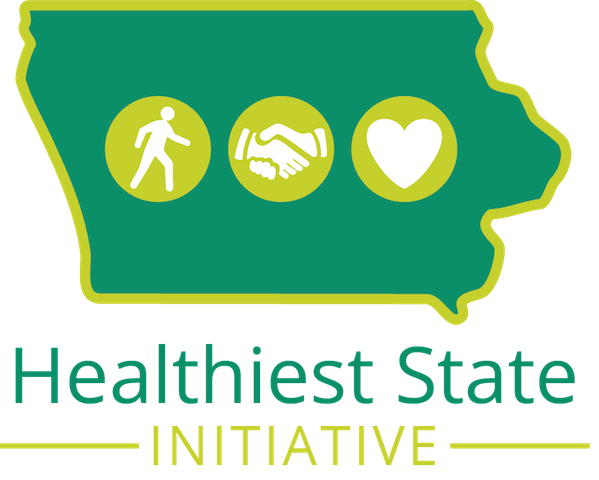Mary Nelle’s Story
Mary Nelle Trefz and her husband were embarking on their first journey through parenthood in 2019. She was fortunate to have a good employer, with good benefits, and to be surrounded by a quality support system.
Trefz’s daughter, Grace, was born Aug. 12, 2019 without complications. It certainly was a joyous occasion. But after about a week, Trefz felt overwhelmed. Many mothers experience some postpartum “baby blues,” but Trefz was facing more intense and longer-lasting symptoms. She had long crying spells and struggled to sleep, which led to constant anxiety.
Grace had lost a concerning amount of weight by her first doctor appointment. Trefz and her husband learned Grace had laryngomalacia, a congenital softening of the tissues of the larynx, which made it difficult for her to breastfeed. She cried all hours of the night, exacerbating Trefz’s symptoms.
“I was really worried how I was going to take care of Grace,” Trefz said. “When she did stop crying, I was scared she was going to start crying again. I felt really bad that I wasn’t able to soothe her. I thought, as a mom, I should know how to calm her down. I felt like I was failing.”
Trefz worried her extreme mix of emotions prevented her from bonding with her daughter, which would lead to lasting damage to her daughter’s social and emotional development.
“I felt disconnected, and I couldn’t appreciate those moments,” Trefz said. “And I felt bad. There was a lot of guilt, and that added to the anxiety.”
By late August, Trefz joined a breastfeeding support group. One of the lactation consultants expressed concern Trefz was experiencing something more than the “baby blues.” Trefz’s husband and parents implored her to seek help via their health care provider.
“Sharing your story can inspire others to seek help. If we can be open and honest with each other, we might be able to help those in need.”
Trefz was screened for and later diagnosed with postpartum depression. According to the U.S. Center for Disease Control and Prevention, about one in every nine women experience symptoms of postpartum depression, which is a form of extreme depression that occurs after childbirth.
Trefz was prescribed medication. Her support network was critical, helping with chores around the house, lending shoulders to cry on or just being there when needed. Trefz also joined a local community mental health center, which aided her journey back to wellness. About three months after Grace was born, Trefz started to feel more like herself.
“I felt like I was coming back to the surface,” Trefz said. “Things are going super well right now. And I think that's a huge credit to my support network that I'm incredibly blessed to have."
Almost a year to the date of her daughter’s birth, Trefz, now 34, realizes the importance of being connected and supporting others. She understands not everyone has such a robust network and underscores the importance of lending a hand if other parents are struggling.
Trefz is also passionate about breaking through those stigma barriers. She wants other mothers to know that not all parts of having a baby are joyful. Trefz hopes sharing her story will help other women who are struggling but afraid to seek help.
“To be the best caregiver for your child, you need to take care of yourself,” Trefz said. “I’m a believer in sharing your burdens with others. I’m OK with being vulnerable and opening the door to what I’m going through. Sharing your story can inspire others to seek help. If we can be open and honest with each other, we might be able to help those in need.”



